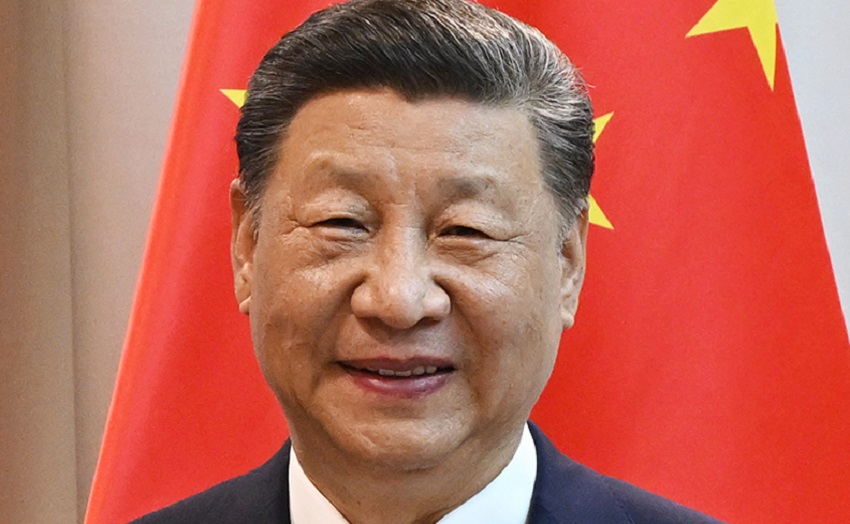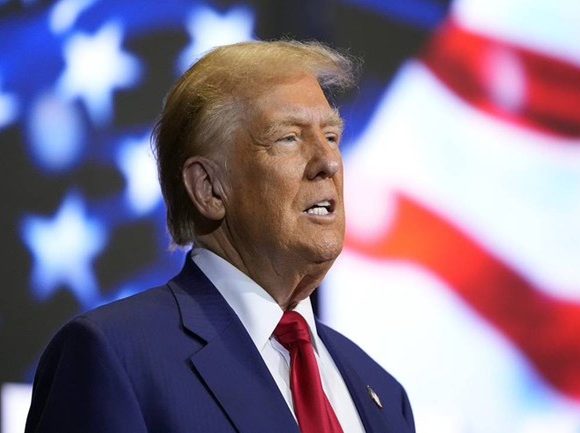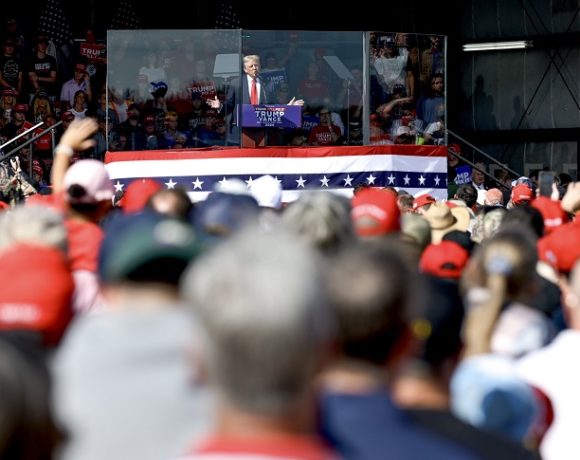
China Rejects U.S. Tariff Threats, Vows Firm Retaliation
In a significant escalation of trade tensions, China has strongly condemned U.S. President Donald Trump’s threat to impose an additional 50% tariff on Chinese imports, labeling the move as “a mistake on top of a mistake” and a form of “unilateral bullying.” The Chinese government has vowed to “fight to the end” and implement countermeasures if the U.S. proceeds with the tariffs.
China’s Firm Stance on Tariff Dispute
The Chinese Ministry of Commerce issued a statement rejecting the U.S.’s proposed tariffs, describing them as “completely groundless” and indicative of a “blackmailing nature.” The ministry emphasized that China’s countermeasures are aimed at safeguarding its sovereignty, security, and development interests, and maintaining the normal international trade order. It further warned that if the U.S. insists on escalating the situation, China will respond resolutely.
Background on the Trade Tensions
The current dispute stems from President Trump’s announcement of a 34% tariff on Chinese imports, effective April 10, 2025, in response to China’s retaliatory measures against previous U.S. tariffs. In retaliation, China imposed a 34% tariff on all U.S. goods, set to take effect on April 10. President Trump has warned that unless China withdraws its tariff increase by April 8, the U.S. will impose an additional 50% tariff, bringing the cumulative tariff rate on Chinese goods to 104%.
Global Economic Implications
The escalating trade war has raised concerns about its impact on global markets. Asian markets have experienced significant volatility, with countries like Indonesia facing sharp declines in their stock markets and currency values. The situation has also prompted other nations, including India and members of the European Union, to reassess their trade relationships and consider countermeasures.
Prospects for Dialogue
Despite the heightened tensions, China has reiterated its openness to dialogue, stating that “there are no winners in a trade war.” However, it maintains that any discussions must be based on mutual respect and fairness, rejecting coercive tactics.
As the April 8 deadline approaches, the international community remains vigilant, hoping for a resolution that avoids further escalation and preserves global economic stability.


















